What is a Zero-Knowledge Proof
Discover how Zero-Knowledge Proofs enhance blockchain privacy, scalability, and security, enabling trustless, confidential, and efficient transactions
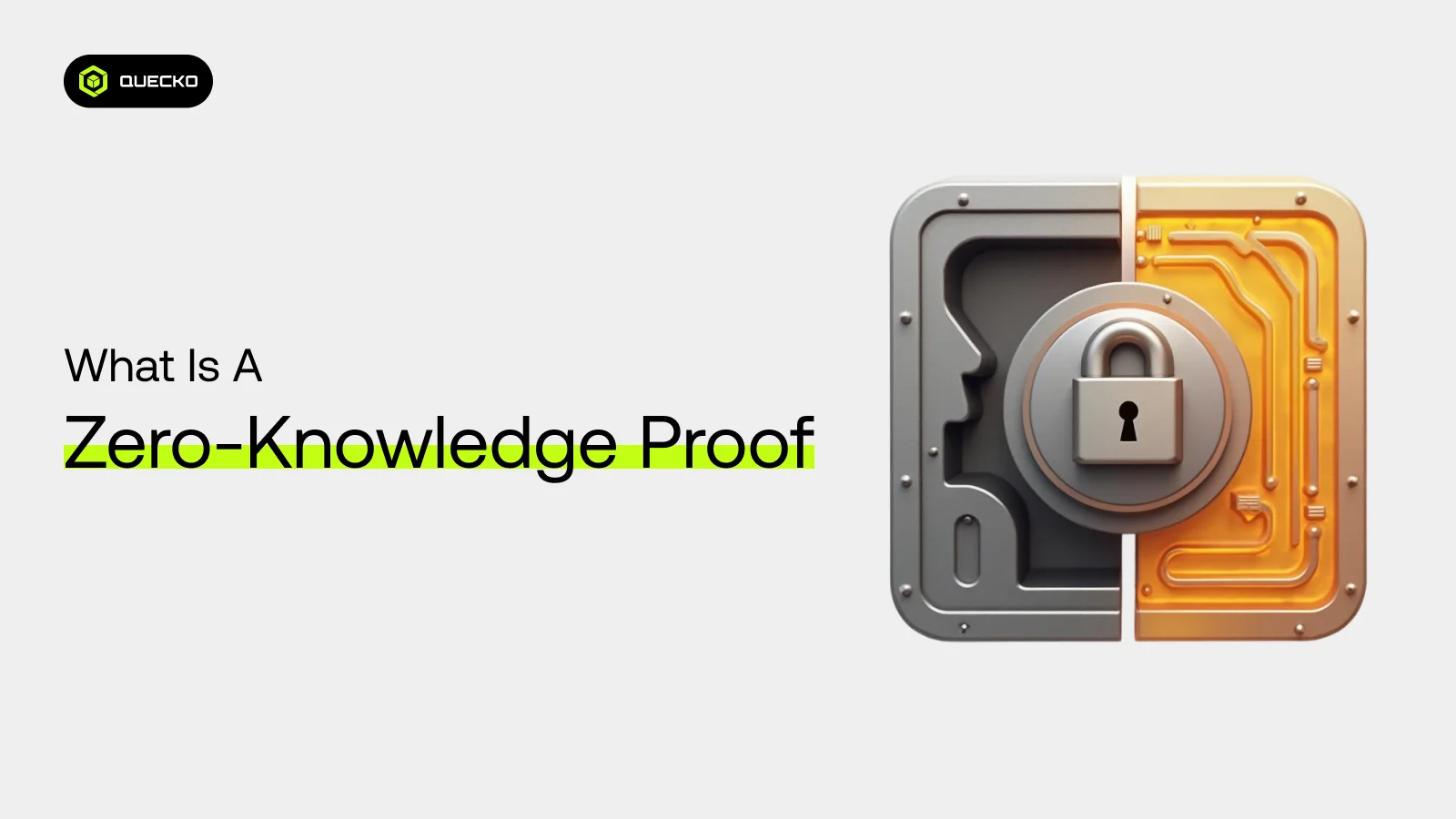
In today’s digital world, privacy and trust are more important than ever. Zero-Knowledge Proofs (ZKPs) offer a revolutionary way to prove something is true, without revealing why it’s true. This breakthrough in cryptography allows for private, secure verification in applications ranging from blockchain transactions to identity management and supply chain audits. In this blog, we’ll break down how ZKPs work, explore their different types, dive into real-world use cases, and explain how developers can implement them to build privacy-first solutions.
What is a Zero-Knowledge Proof ?
The concept of zero-knowledge proofs is built upon interactive proof systems. In these systems, the prover and verifier engage in a back-and-forth exchange where the prover convinces the verifier of a statement’s truth without revealing the secret message behind it.
This interaction ensures that the prover can demonstrate knowledge while protecting the secret message, maintaining privacy even in adversarial environments.
Zero-knowledge proof protocols are increasingly optimized to support efficient concurrent executions, allowing multiple proofs to be processed simultaneously without delays.
Technically, zero-knowledge proofs rely on complex mathematical algorithms. At a high level, here’s how they work:
- Commitment: The prover commits to a certain value or statement using cryptographic techniques. Think of this as locking a secret message in a box; the content is hidden, but its existence is confirmed.
- Challenge: The verifier issues a random challenge based on the commitment.
- Response: The prover responds in a way that shows they know the secret message, without disclosing it.
- Verification: The verifier checks the validity of the response. The prover never shares the secret message, yet the verifier gains confidence in the claim.
A common example involves the discrete logarithm problem, where the secret message is the exponent. ZKPs allow the prover to convince the verifier they know this secret message without revealing it.
A key goal in zero-knowledge design is to prove possession of a secret message without sharing any part of it, enabling secure, private interactions in finance, identity, and beyond.
A key concept behind zero-knowledge proofs is knowledge complexity, which quantifies how much information the verifier learns. The goal is to keep this complexity at zero, meaning the verifier learns nothing except that the provider’s statement is true.
This challenge-response loop is often repeated multiple times to reduce the chance of the prover successfully cheating.
There are also two important properties that every ZKP must satisfy:
- Completeness: If the statement is true, an honest prover can convince the verifier.
- Soundness: If the statement is false, a dishonest prover can’t convince the verifier (except with very low probability).
- Zero-knowledge: No additional information is revealed to the verifier.
A zero-knowledge protocol ensures these properties by structuring the interaction between prover and verifier in a way that guarantees both security and privacy.
Types of Zero-Knowledge Proofs
There are two major categories of ZKPs:
1. Interactive Zero-Knowledge Proofs
These involve multiple rounds of interaction between the prover and the verifier. The Ali Baba Cave example falls under this category.
- Pros: Strong theoretical guarantees.
- Cons: Required real-time communication between both parties.
In academic research, interactive zero-knowledge proofs have been extensively studied for their foundational role in defining the limits of secure computation and verifiable knowledge.
2. Non-Interactive Zero-Knowledge Proofs (NIZKPs)
These use cryptographic tricks (like a common reference string or Fiat-Shamir heuristic) to eliminate the need for interaction.
- Pros: More efficient with a much shorter verification process, making them ideal for blockchain applications and smart contracts.
- Removes the need for multiple rounds via cryptographic techniques like the Fiat-Shamir heuristic.
- Ideal for decentralized systems where communication happens in a single message
- Cons: Slightly weaker guarantees in some models, and depend on additional assumptions.
- Modern zero-knowledge proof systems are designed to balance efficiency, scalability, and security, making them suitable for everything from identity verification to blockchain scalability, especially within the context of blockchain networks, where minimizing on-chain computation and preserving user privacy are critical design goals.
Special Variants:
- zk-SNARKs (Zero-Knowledge Succinct Non-Interactive Argument of Knowledge): Very small proofs, fast verification process.
- zk-STARKs (Zero-Knowledge Scalable Transparent ARguments of Knowledge): More scalable and transparent, no trusted setup.
- Bulletproofs: Compact range proofs, no trusted setup, used for confidential transactions in blockchains.
Modern variants of zero-knowledge systems like zk-SNARKs and zk-STARKs are structured around generating short, verifiable proofs that are also proof of knowledge. This means the prover can convince the verifier that they know a certain value or secret (like a hash preimage or solution to a computation) without exposing what that value is.
In recent years, Succinct Non-interactive Arguments have gained immense popularity because they produce very short proofs that are easy and fast to verify. This efficiency reduces verification time, making them especially useful in blockchain scalability and privacy-focused protocols.
Applications of Zero-Knowledge Proofs
Zero-knowledge proofs are not just a theoretical concept, they have real-world applications across industries.
Zero-knowledge proofs have become essential tools within the broader blockchain ecosystem. They enable privacy-preserving transactions, secure identity verification, and scalable solutions that keep user data confidential while maintaining trustworthiness. As such, ZKPs play a critical role in enhancing blockchain privacy, ensuring that users can interact with decentralized applications without compromising sensitive information.
Zero-knowledge proofs have a wide range of practical applications across industries. From enhancing privacy in financial transactions to securing identity verification, these proofs provide solutions that balance transparency and confidentiality.
In the realm of blockchain, the practical applications of zero-knowledge proofs include privacy coins, scalable Layer-2 solutions, and confidential smart contracts, all of which contribute to a more secure and efficient decentralized ecosystem.
One of the most popular practical applications of zero-knowledge proofs is enabling private transactions on blockchain networks. Cryptocurrencies like Zcash use zero-knowledge proofs to allow users to send funds without revealing transaction details such as the sender, receiver, or amount, preserving user privacy while ensuring transaction validity.
By integrating zero-knowledge proofs into the blockchain ecosystem, developers can build applications that are both secure and privacy-focused, addressing key challenges in decentralized systems.
Zero-knowledge proofs are not just a theoretical concept, they have a real-world impact across many sectors.
1. Blockchain & Cryptocurrencies
ZKPs are widely used in privacy-focused blockchain protocols such as:
- Zcash: A cryptocurrency that uses zk-SNARKs to enable shielded, anonymous transactions.
- Polygon zkEVM, StarkNet, Scroll: Layer-2 scaling solutions that use ZKPs to prove computation and batch transactions efficiently.
Zero-knowledge proofs help maintain privacy, compress transaction data, and improve scalability. These advances are part of broader innovations in blockchain technologies driving the evolution of secure and decentralized digital systems.
2. Digital Identity
ZKPs let users prove attributes like age or citizenship without revealing sensitive information like birth dates or passport numbers.
A particularly powerful application is highlighted: credit scores. Users can prove their creditworthiness without exposing their actual credit score or financial history, preserving privacy while enabling access to loans, rentals, or financial services.
ZKPs allow individuals to prove they are over 18 or a citizen of a certain country, without revealing their actual date of birth or passport number. This is key for privacy-preserving digital ID systems using verifiable credentials, which enable users to share proof of attributes securely and selectively.
Users can prove facts like being over 18 or being a citizen without disclosing birthdates or passport numbers. This is critical in privacy-first systems built on verifiable credentials.
3. Authentication Systems
Log in without revealing your password. ZKPs allow for secure, private logins.
4. Credit and Reputation
Users can prove they meet creditworthiness requirements without showing their actual credit scores, supporting digital identity verification while preserving financial privacy.
5. Supply Chain Audits
Organizations can use ZKPs to prove compliance with regulations or internal standards without revealing sensitive business data.
6. Voting Systems
ZKPs can help build secure, verifiable, and anonymous digital voting platforms by proving that a vote was validly cast and counted, without linking it to a voter.
How to Implement Zero-Knowledge Proofs
Implementing zero-knowledge proofs often involves using specialized domain-specific languages (DSLs) designed to simplify the creation and verification of these proofs. Languages like ZoKrates, Circom, and Noir help developers write efficient circuits and protocols without dealing with low-level cryptographic details.
By leveraging domain-specific languages, programmers can more easily build privacy-preserving applications that utilize zero-knowledge proofs.
Implementing ZKPs can be challenging due to their mathematical and cryptographic complexity. However, some libraries and tools make the verification process more accessible:
1. Use Cryptographic Libraries
Some popular ZKP libraries include:
- ZoKrates: A toolbox for zk-SNARKs on Ethereum, written in Rust.
- SnarkyJS: JavaScript library for writing zkApps on Mina Protocol.
- Circom + SnarkJS: A powerful combo for designing and testing ZK circuits.
- These tools help developers express complex statements as arithmetic circuits, enabling the generation of efficient zero-knowledge proofs.
Steps to Implementation:
- Define the Statement as a Circuit: Represent the logic in an arithmetic format.
- Generate Keys: Trusted setup or transparent alternatives depending on the proof system.
- Create the Proof: Prover constructs a proof using the defined circuit and private input.
- Verify the Proof: The verifier uses the key or reference string to validate the proof, similar in principle to how a digital signature is verified, ensuring authenticity without exposing the private input. This entire process is designed to generate a secure proof of knowledge without revealing any sensitive information. Many systems internally convert these representations into algebraic circuits, which are optimized for efficient zero-knowledge proof generation.
2. Define the Problem as an Arithmetic Circuit
You need to express your statement (like a hash preimage or password check) as an arithmetic circuit, which the prover will use to construct a ZKP. In many modern implementations, these algebraic circuits serve as the foundation for building efficient and scalable proof systems.
3. Generate Keys
Some systems require a trusted setup to generate cryptographic keys that are later used to create and verify proofs.
4. Create Proofs and Verifiers
Once the system is set up, you can generate a proof and verify it using the designated verifier function. This verification process can be done on-chain (in smart contracts) or off-chain.
The Origin and Importance of Zero-Knowledge Proofs
The concept of zero-knowledge proofs emerged from the field of cryptography in the 1980s. Pioneers like Shafi Goldwasser and her colleagues developed this groundbreaking idea to enable secure, private verification without revealing any secret information.
Since then, zero-knowledge proofs have become a cornerstone in modern cryptographic applications, influencing privacy, security, and blockchain technologies.
Challenges and Limitations
While zero-knowledge proofs are powerful, they aren’t without limitations:
- Performance Overhead: Generating and verifying proofs, especially for large circuits, can be computationally expensive.
- Trusted Setup: Some protocols (like zk-SNARKs) require a trusted setup phase, which could pose a centralization risk.
- Complexity: Implementing ZKPs requires deep cryptographic and mathematical understanding, which limits adoption.
However, ongoing advancements like zk-STARKs and recursive proofs are solving many of these challenges.
The Future of Zero-Knowledge Proofs
ZKPs are becoming a foundational technology in the next generation of the internet, often referred to as Web3. With the rise of decentralized finance (DeFi), decentralized identity (DID), and privacy-focused applications, ZKPs are playing a central role in building trustless systems with built-in privacy.
Governments and enterprises are also exploring ZKPs for secure data sharing, confidential compliance, and identity verification through verifiable credentials. These credentials help build trust without compromising privacy, making them essential tools for the decentralized digital world.
In the coming years, we can expect zero-knowledge proofs to become more scalable, easier to implement, and more widely used, not just in crypto but in every industry where privacy and trust are paramount.
Final Thoughts
Zero-knowledge proofs represent a leap forward in how we think about security, privacy, and trust. They enable a world where you can prove facts without revealing the facts themselves, a seemingly magical capability that’s grounded in solid mathematics and cryptography.
As this technology matures and becomes more accessible, it’s poised to transform everything from blockchain to banking, from digital identity to healthcare.
If privacy is the new currency, then zero-knowledge is the bank vault we never knew we needed.
Date
9 months agoShare on
Related Blogs

Why 2026 Is Web3’s Moment?
12 hours ago
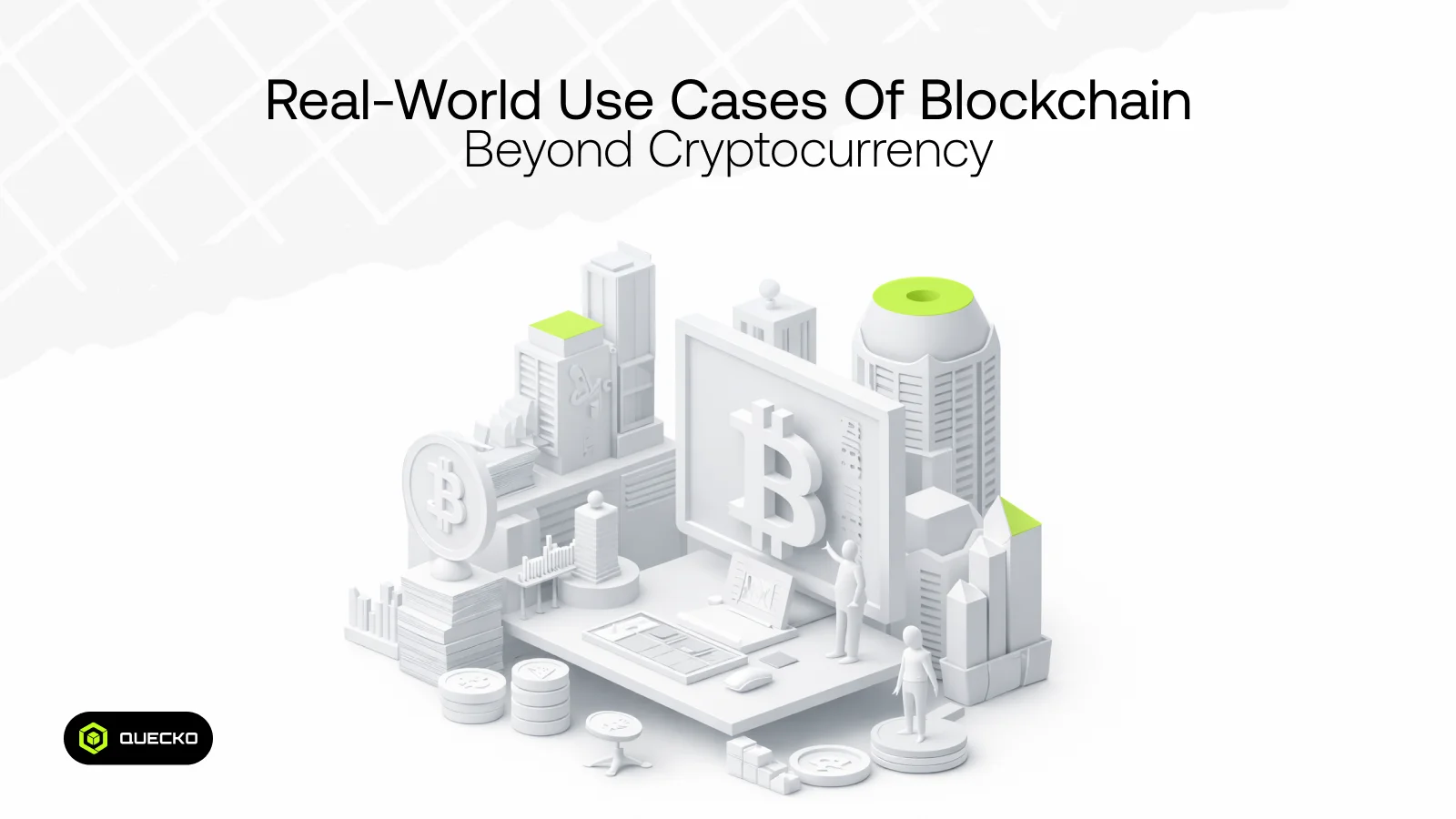
Real-World Use Cases of Blockchain Beyond Cryptocurrency
19 hours ago
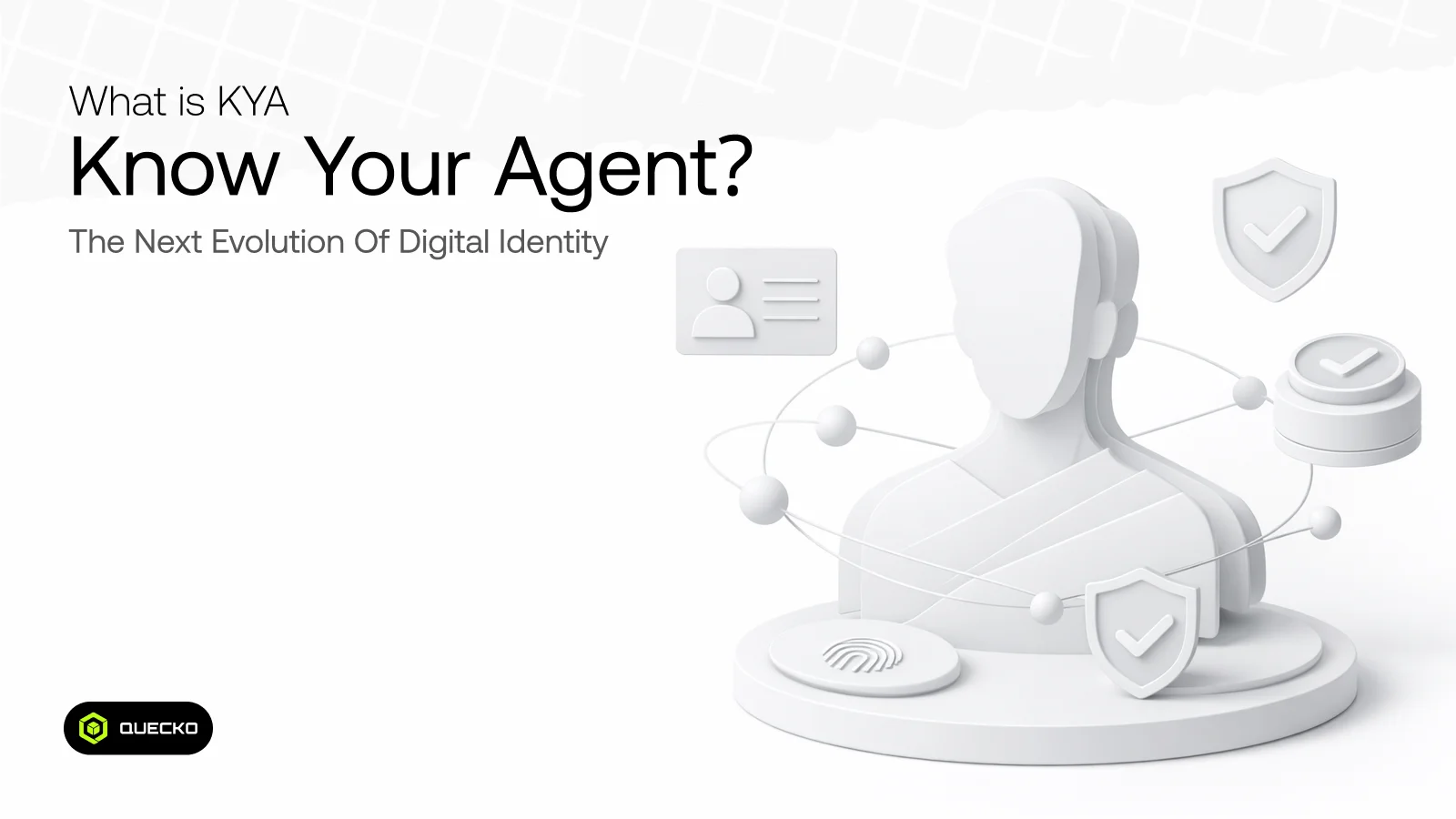
What is KYA (Know Your Agent)? The Next Evolution of Digital Identity
3 days ago
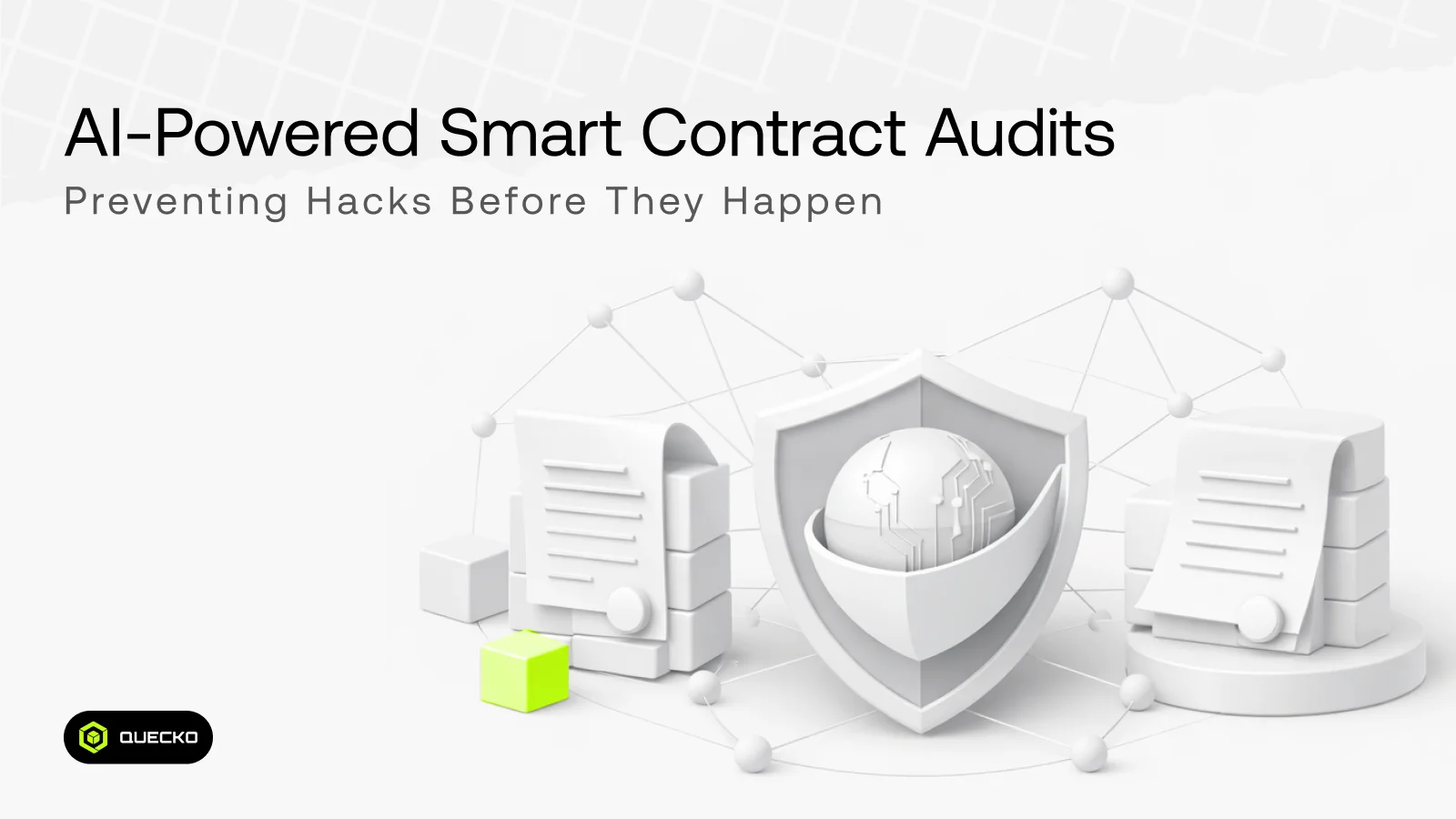
AI-Powered Smart Contract Audits: Preventing Hacks Before They Happen
10 days ago




